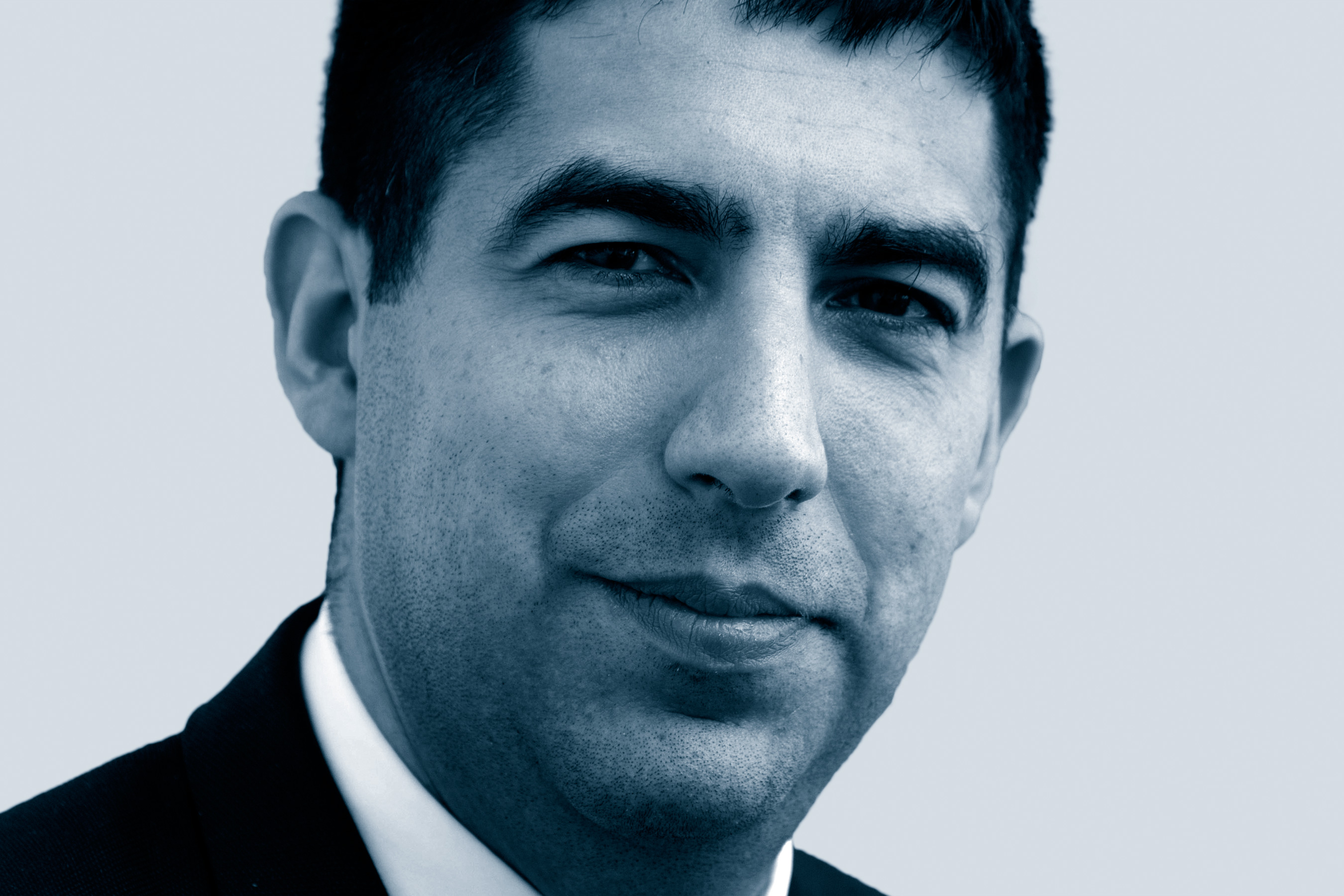
jaimie kaffash 2 duo 3×2
I’m going to break two of my cardinal rules in this column – never to bring my personal experiences into it, and never to praise a rival publication.
My first proper job after university was at the BMA. I was basically an admin assistant, organising conferences and meeting papers. I did enjoy it and, it being my first job, I made a lot of good friends for life there.
We still talk about the culture of sexism at the BMA, because it was so apparent – in particular suffered by staff from the doctor representatives. There was the obvious patronising language from those at the very top of the organisation; the attitude in response to allegations that staff should ‘bend over backwards’ to help the doctors; the constant leering at social events.
There was an internal inquiry that saw women in double figures come forward about their treatment (including one member of council). This was a decade ago, admittedly. From what I have heard since, not a massive amount has changed.
It’s something I have wanted to write about for ages, but there was always (understandably) a reluctance from people to talk about it. So the allegations put forward so forcefully in GPonline are much needed – and no massive surprise to me. It was a brave piece by the women who came forward.
You only need to look at the composition of the BMA’s GP Committee to see how male it actually is: only one of nine of its policy leads is female; there are twice as many men on the committee as women. This is despite women making up more than half of the workforce.
An urgent independent inquiry is the right move. This is not just an internal BMA matter though – it has ramifications for the profession.
We reported just last week that general practice has a gender pay gap far higher than other health professions. We are releasing the results of our workload survey next month, but I can tell you that there is a massive gender divide there too in terms of female GPs working beyond their scheduled hours.
Most of this can be put down to the fact more women work part-time. But this just makes the GPC composition even more stark. Can the GPC really be representing female part-time GPs as they should with such a big gender divide? They did have a strong leader of the GP sessionals subcommittee – but she was one of the two GPs who left the committee as a result of the culture.
The BMA has made the right noises since the publication of the allegations. But there is a lot of work to do.
Jaimie Kaffash is editor of Pulse. Follow him on Twitter @jkaffash or email him at editor@pulsetoday.co.uk

















